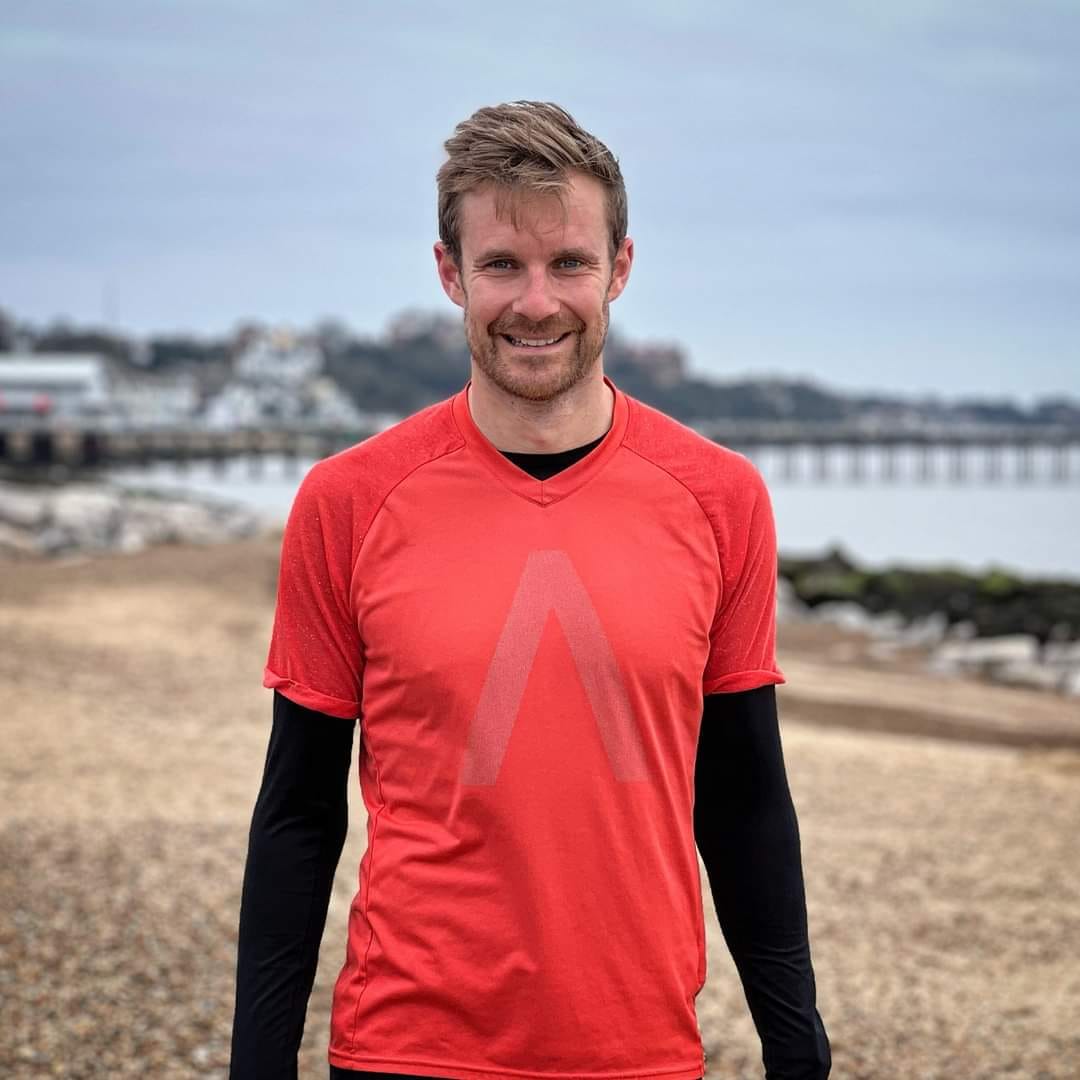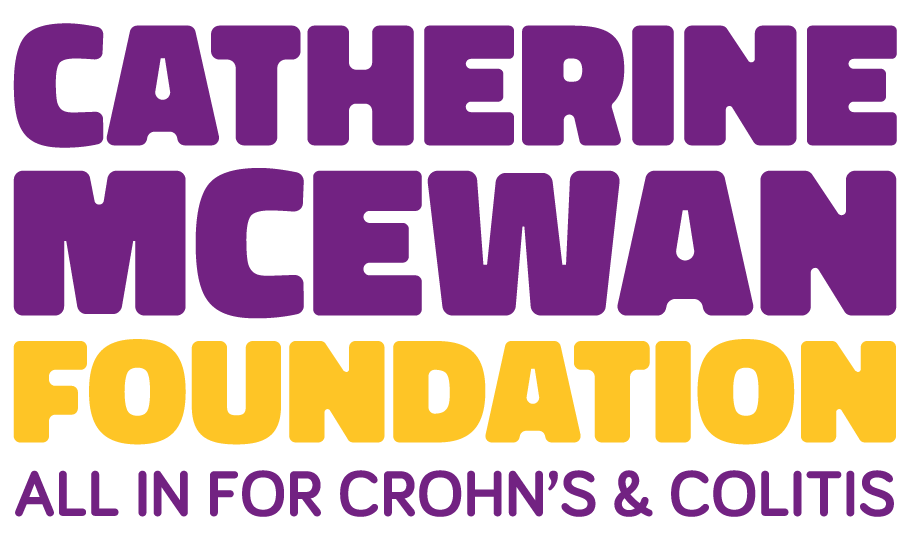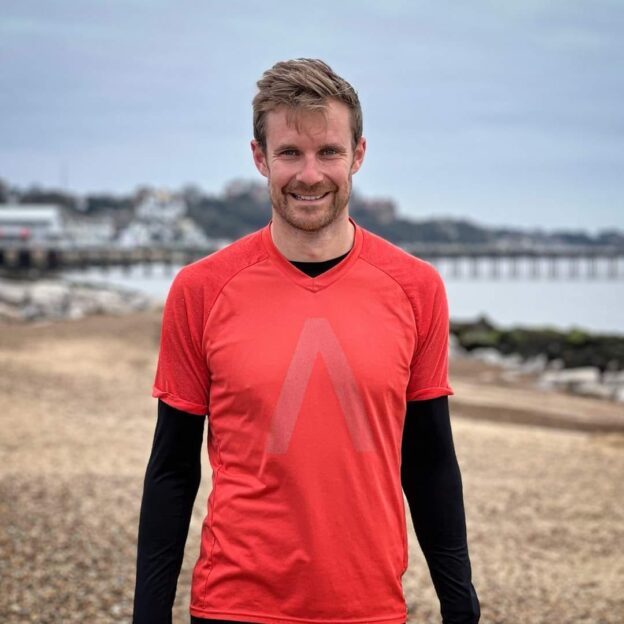This time 15 years ago I was lying in a hospital bed just after having had a flexible sigmoidoscopy which diagnosed me with ulcerative colitis.
This was after having spent three weeks dealing with severe symptoms and unsure about what was going on with my body.
I was going to the toilet 30 to 40 times a day and night, with lots of blood, mucus, urgency and stomach cramps. I’d lost 10kg and was severely dehydrated and malnourished.
The previous week I’d been turned away from A&E with no investigation saying I just had a haemorrhoid, despite explaining my symptoms and feeling that I possibly had ulcerative colitis. Very frustrated I headed home to cope with my extremely challenging symptoms.
This time I was back again and determined to get the real answers for what was going on and treatment to get my health back.
During the sigmoidoscopy, I was given no sedation so I could see everything that was going on. Facing the big screen and seeing what the endoscopist could, it was very apparent my colon was in a really bad way, and from images I had seen online I knew I had colitis.
As I lay on the hospital bed in tears I had very mixed emotions . Relief – I knew what I was dealing with and could now be treated. Fear – what did this really mean and what would my future hold?
I had read other people’s experiences online and couldn’t help focusing on the negatives; it would limit my life, I wouldn’t be able to exercise as much, there would be many ups and downs, and I might need surgery.
My healthcare team were quite concerned about the severity of the inflammation in my colon and feared it might perforate – they had surgeons on standby in case I needed emergency surgery. Fortunately, over the next few days, IV steroids managed to get the inflammation under control and my colon was saved.
Despite spending nine days in hospital while I recovered, I was given very little information about my diagnosis, what it would mean and what I could do to help myself learn to live with this new life long condition. I remember one conversation with a doctor. I asked if I’d be able to exercise with IBD, as I’d read online that it might be more difficult. He agreed, saying it might well be more challenging now I had a health condition. I’d alway been very active and movement was a big part of my life, so these words hit me hard.
One afternoon in the hospital I decided to test this by running up the stairs. But I was exhausted after a couple of flights, and had to nap to recover. Maybe he was right, this was going to be hard (of course, I hadn’t factored in that I’d lost 10kg, spent several nights in hospital and was very run down!).
Those words held me back for quite a few years, this belief that my body wasn’t as able as before and it was going to limit me. I now know that’s not the case at all. Yes, sometimes things can be hard. Yes sometimes my IBD will present challenges. But it hasn’t held me back – actually I’m fitter and more determined than I’ve ever been.
This morning, 15 years later, I ran a 5km Parkrun in 18m 47s, a time my 21 year old self would have been incredibly proud of.
I thought I’d share 15 things I’ve learned over the past 15 years. All things I wish I’d been able to sit down and tell my younger self in that hospital bed:
- Your life will change, but it will be OK
- There’ll be lots of ups and downs but don’t let the downs keep you there.
- You are not alone. Even beyond IBD, there will always be someone somewhere experiencing and thinking what you are now. They understand you too.
- Have an open mind, things you believe are true might not be, things you think are wrong might be right. Don’t be afraid to listen and try things.
- You hold a lot inside. Talk to people, it will help more than you can imagine.
- Healthcare is amazing and can do incredible things but you are ultimately responsible for your health. And there is so much you CAN do to improve it.
- You will have accidents and poo your pants. It won’t feel great, but it’s no where near as awful as you thought it would be. Don’t be ashamed, it’s not your fault.
- Carry spare clothes whenever you can – you’ll feel more prepared if the worse happens.
- You’ll meet the most incredible people on your journey, and make lifelong friends.
- You’ll learn so much from other people – listen to what they have to say, it will help you so much.
- Share what you have learned, even if it feels obvious to you. You don’t know who it might help.
- Look after your mind – it’s far more powerful and influential than you might think.
- Get awesome at sleeping, it’s not an inconvenience, and it will have a huge impact on your health.
- Don’t compare your symptoms, treatments and challenges with anyone else’s. No IBD journey is the same and everyone copes with things differently.
- Everything happens for a reason – it’s life trying to tell you something. It might not make sense at the time (and be incredibly challenging), but you’ll learn from it, you’ll grow from it, and become a stronger more resilient version of you.


